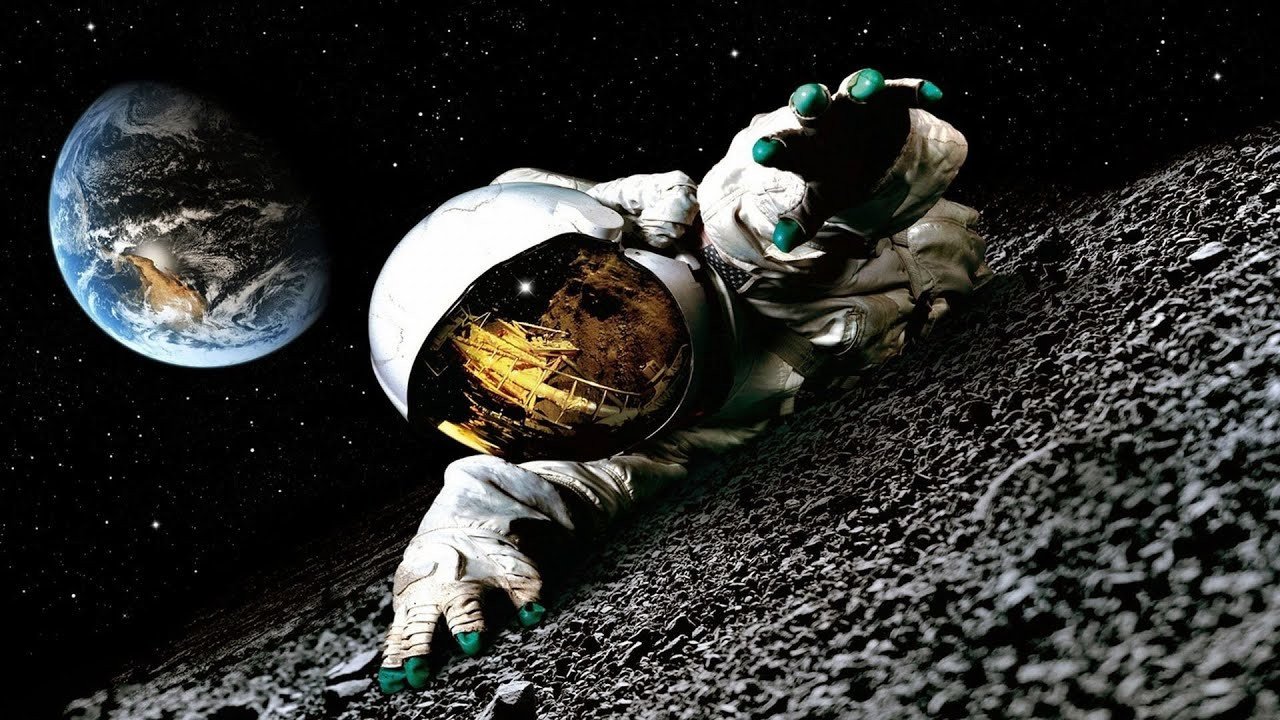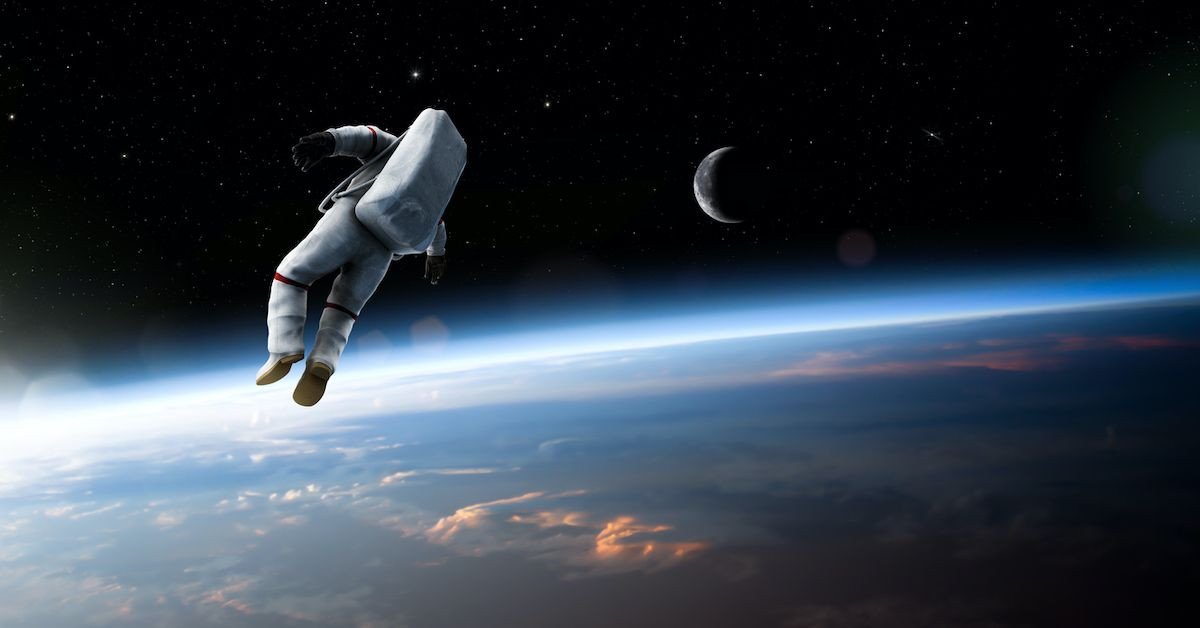Recreational space travel is getting closer and closer to reality, and in the not-too-distant future, it may be possible to travel to other planets for vacations or even to live. Blue Origin, a commercial space company, is already selling tickets for suborbital flights, and Elon Musk plans to establish a base on Mars with his SpaceX company. So now we need to think about what it would be like to live in space. But it’s also helpful to think about what deaths in space might look like.
What happens in the body when death occurs on Earth?
When a person dies on Earth, his body goes through various stages of decay. These stages are described in detail in written sources dating back to 1247.
First, the blood flow stops and starts to collect in certain areas in a way called “livor mortis” (dead spot) due to gravity. Afterwards, the body cools down in the “algor mortis” phase and the muscles become stiff due to uncontrolled calcium buildup in the muscle tissues. This is known as the “rigor mortis” stage. In the next stage, enzymes, which we can define as proteins that accelerate chemical reactions, break down the cell walls and cause their contents to be released.

At the same time, the bacteria in our intestines are released and spread throughout the body and begin to consume the soft tissues. Meanwhile, the gases they emit cause the body to swell. As the muscles disappear, the rigor mortis state ends and a strong odor begins to spread and the soft tissues begin to crumble.
While these decay processes are caused by factors coming from within the body, external effects can also interfere with the decay process. Heat, the presence of insects, burial or wrapping of the body, and the presence of fire or water can significantly affect this process. While mummification may occur in hot and dry areas, in moist areas where there is no oxygen, the fat tissue in the body can decompose with water and protect the body by forming a wax-like coating.
In most cases, however, the soft tissue fragments and the skeleton remains. Hard tissues, on the other hand, are much more durable and can survive for thousands of years.
Paki or death in space…
In space, however, some parts of this process may change. First off, the different gravity we see on other planets will affect the livor mortis phase, and the lack of gravity as you float through space means blood won’t be pooled.
Since the rigor mortis phase is related to the cessation of bodily functions, it will occur in a space suit as well. Intestinal bacteria will also continue to consume soft tissues, but limited oxygen can slow this process down considerably, as these bacteria need oxygen.

Other things, such as microbes in the soil that affect the decay process of soft tissues, will depend on the planet the body is on, and factors such as how dry the environment is will affect how much soft tissue is preserved.
In addition, these external factors, which can be very different from Earth, can seriously affect skeletal remains. While we are alive, our skeletons are made up of a combination of organic and inorganic materials. When our bodies stop working, conditions on Earth cause organic parts to disappear and only inorganic parts to remain. That’s why the skeletons seen in museums are almost entirely composed of inorganic parts. However, conditions such as extremely acidic soil that we may encounter on other planets can reverse this situation and cause organic parts to remain while inorganic parts are lost.